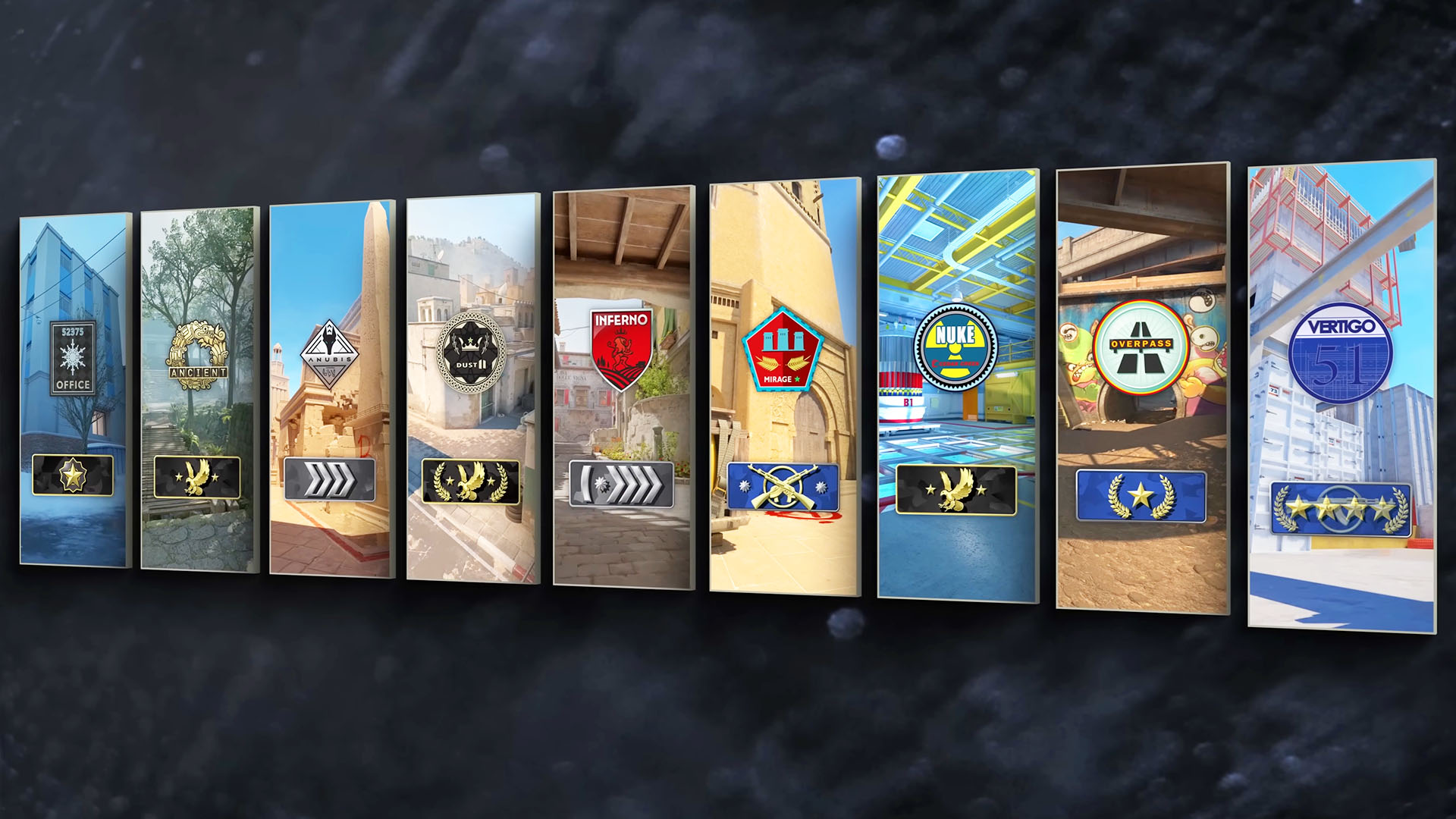The 23rd World Insights
Exploring the untold stories and events from around the globe.
Rank Up or Rage Quit: Keeping Your Cool in Competitive Gaming
Master the art of staying calm in competitive gaming! Discover tips to rank up without the rage—your ultimate guide to gaming zen awaits!
The Psychology of Competitive Gaming: How to Stay Calm Under Pressure
Competitive gaming, often referred to as esports, demands not just skill but also a strong grasp of psychology. The mental strain of competition can be overwhelming, leading many players to experience anxiety and stress. To combat this, it is crucial to develop effective stress management techniques. Techniques such as deep breathing, visualization, and mindfulness can help players maintain a calm demeanor. It's important to practice these techniques regularly, not just on the day of competition, to ensure they become second nature when the pressure is on.
Additionally, understanding the role of mindset in competitive gaming can significantly impact performance. Adopting a growth mindset allows players to view challenges as opportunities for growth rather than threats. This mindset shift can lead to greater resilience and the ability to stay focused during critical moments. Preparation is also key; by familiarizing yourself with the game's mechanics and strategies, you will feel more confident and less overwhelmed when facing opponents. Incorporating these psychological strategies can create a solid foundation for maintaining composure under pressure.

10 Tips to Maintain Your Composure During Intense Matches
In the heat of an intense match, maintaining your composure is crucial for optimal performance. Here are 10 tips to help you stay calm and focused:
- **Breathe Deeply**: Practicing deep breathing techniques can help lower your heart rate and keep anxiety at bay.
- **Visualize Success**: Take a moment to visualize your goals and imagine a successful outcome to boost your confidence.
- **Stay Positive**: Replace negative thoughts with positive affirmations to maintain a winning mindset.
- **Set Mini-Goals**: Break the match down into smaller, manageable goals to keep yourself focused.
- **Stay Hydrated**: Dehydration can impair your mental clarity, so drink plenty of water before and during the match.
Continuing with the remaining tips, consider these strategies to enhance your mental game:
- **Practice Mindfulness**: Engage in mindfulness exercises to stay present and avoid distractions.
- **Foster Team Spirit**: A supportive team environment can help keep morale high and reduce stress during tough moments.
- **Learn from Mistakes**: Shift your focus from past errors to what you can improve upon next time.
- **Stay Adaptable**: Be prepared to adjust your strategy on the fly without losing your cool.
- **Reflect After Matches**: After the game, take time to reflect on your emotional responses to better handle intensity in future matches.
Why Learning to Manage Frustration Can Improve Your Game
In any competitive sport or game, maintaining a cool head is crucial for success. Learning to manage frustration can significantly enhance your performance by allowing you to focus on strategy rather than your emotions. When frustration arises, many players may resort to impulsive actions that can lead to poor decision-making and eventual defeat. By developing strategies to cope with and channel frustration effectively, such as deep breathing or positive self-talk, players can remain composed and execute their game plans more effectively.
Additionally, managing frustration not only improves gameplay but also fosters a healthier mindset. Athletes who can conquer their feelings of annoyance build resilience, which translates to better performance under pressure. Incorporating techniques such as mindfulness or visualization can help players anticipate and navigate frustrating situations, ultimately enhancing their skill set. Consider dedicating time each week to practice these techniques, as the rewards in both performance and mental well-being are well worth the effort.